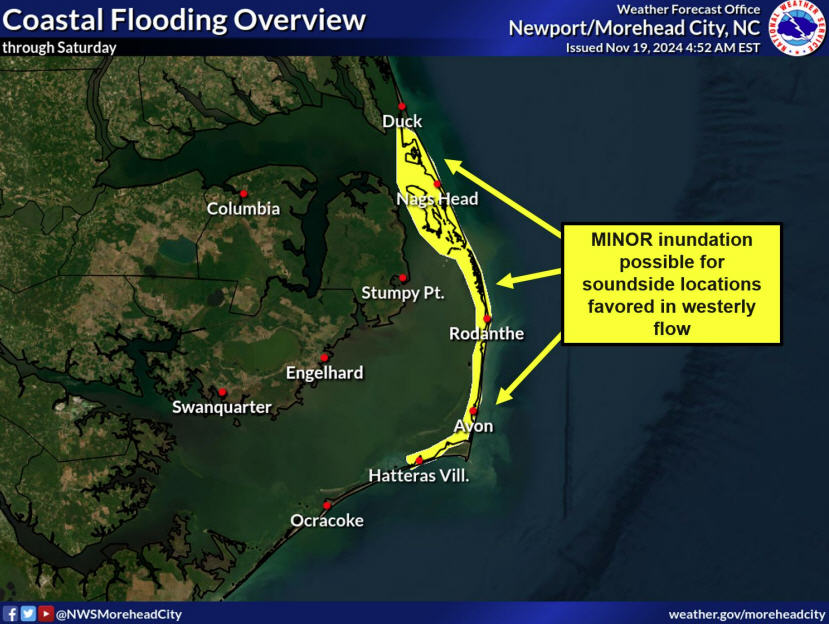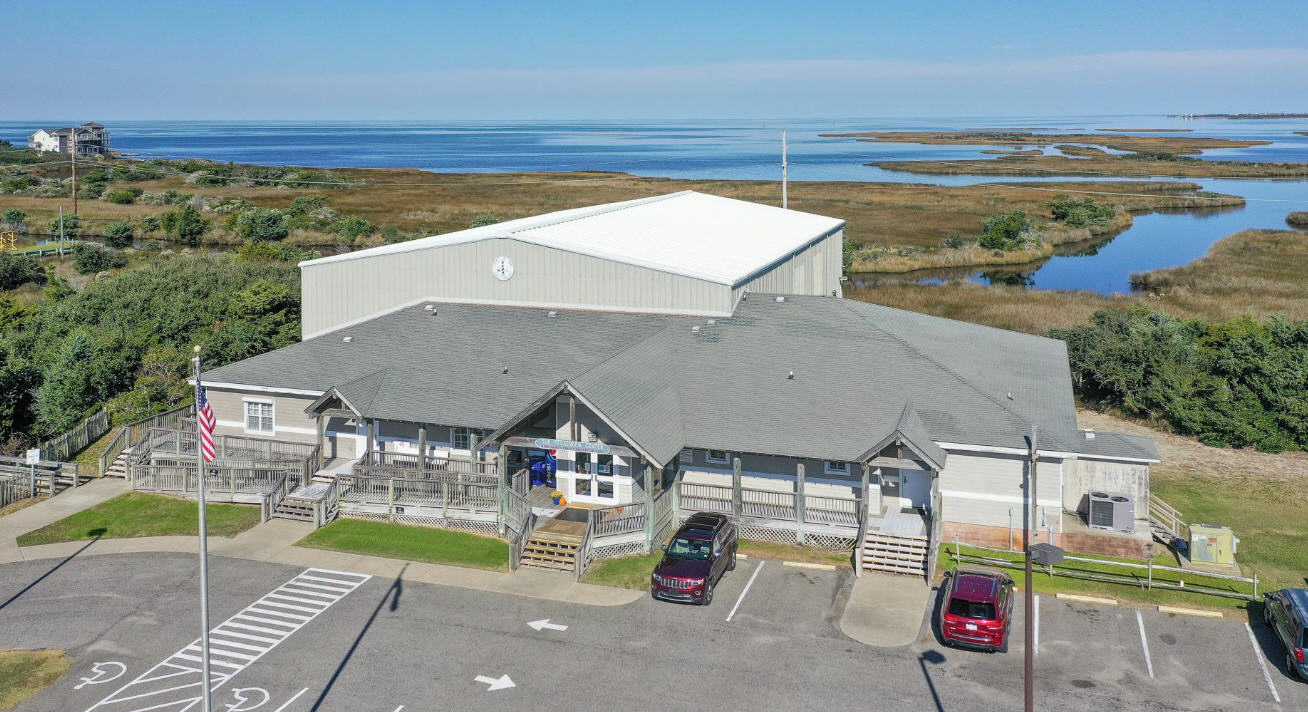UPDATE: Hearing on insurance rate hike rescheduled for July 25
Insurance Commissioner Wayne Goodwin announced this week that the hearing on the rate increase to the dwelling fire and extended coverage requested by the North Carolina Rate Bureau has been rescheduled.
The hearing had been scheduled for June 21.
The new date is Monday, July 25, in the Jim Long Hearing Room on the third floor of the Dobbs Building, 430 N. Salisbury St., Raleigh.
The postponement comes after the North Carolina Rate Bureau—the independent organization that represents all North Carolina property insurance companies—notified The Department of Insurance (DOI) that it needed to submit changes to its original filing.
The Rate Bureau indicated that the requested statewide average increase for dwelling property policies will drop from 20.9 percent to approximately 20.5 percent as a result of the changes.
Dwelling fire policies are different from traditional homeowner’s insurance policies in that they offer fewer coverage options and are sold to properties that would not qualify for a standard homeowner’s policy. Dwelling fire policies are offered to non-owner occupied residences, including rental properties, investment properties, and other properties that are not occupied full-time by the property owner.
A dwelling fire policy does not typically include liability coverage. Extended coverages would generally include coverage for damage to the dwelling from wind, hail, fire, smoke, riot, civil commotion, and aircraft and vehicle damage.
Goodwin will serve as hearing officer but will withhold any comment on the filing, as he is required by law to remain unbiased. During the hearing, Goodwin will hear from experts from the Department of Insurance and the Rate Bureau and decide what rate change, if any, is warranted.
The Department of Insurance’s role is to represent the interests of the public. DOI has retained independent, experienced experts who will testify during the hearing.
After initial review of the filing, department experts believe the requested rate increase is not justified based on the data submitted. The following concerns, among others, may be raised at the hearing:
Old data: In the ratemaking process, data typically runs two years behind the date of the rate filing. The filing is based on data from 2007; however, 2008 and 2009 data were available at the time this filing was compiled.
Risk factors: The filing includes various risk factors used to calculate the indicated rate changes. The Rate Bureau claims these factors (such as the net cost of reinsurance and compensation for assessment risk) are a necessary cost of doing business in North Carolina. The concern is that the factors do not appear to be justified and result in an increase in rates.
Profit methodology: The Rate Bureau uses a methodology that is not allowed in North Carolina and has been successfully challenged in the 2001 auto insurance case, which was decided by the N.C. Supreme Court. This methodology results in excessive profit factors of 9.5 percent.
Deviations: The Rate Bureau includes a factor for deviations (discounts that some insurers give some of their policyholders) in the filing that, in effect, charges discounts back to consumers. The inclusion of a specific factor for deviations has been previously disallowed numerous times in auto filings litigated in the N.C. Supreme Court.
Hurricane Model: The hurricane losses for extended coverage are derived using a hurricane model that does not appear to be adequately documented or justified.
The Revised Dwelling Filing is available for public review.
If the Rate Bureau wishes to appeal Goodwin’s decision, it can do so through the court system, and companies can raise rates while awaiting an appeals decision. The difference in the ordered rate and the implemented rate must be held in escrow. If the Rate Bureau loses its appeal, the escrowed money must be refunded to policyholders who paid too much.
Subject
Name
(required, will not be published)
(required, will not be published)
City :
State :
Your Comments:
May be posted on the Letters to the Editor page at the discretion of the editor.
May be posted on the Letters to the Editor page at the discretion of the editor.
May be posted on the Letters to the Editor page at the discretion of the editor.
May be posted on the Letters to the Editor page at the discretion of the editor.












